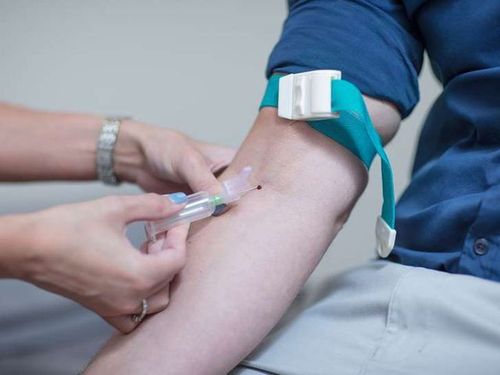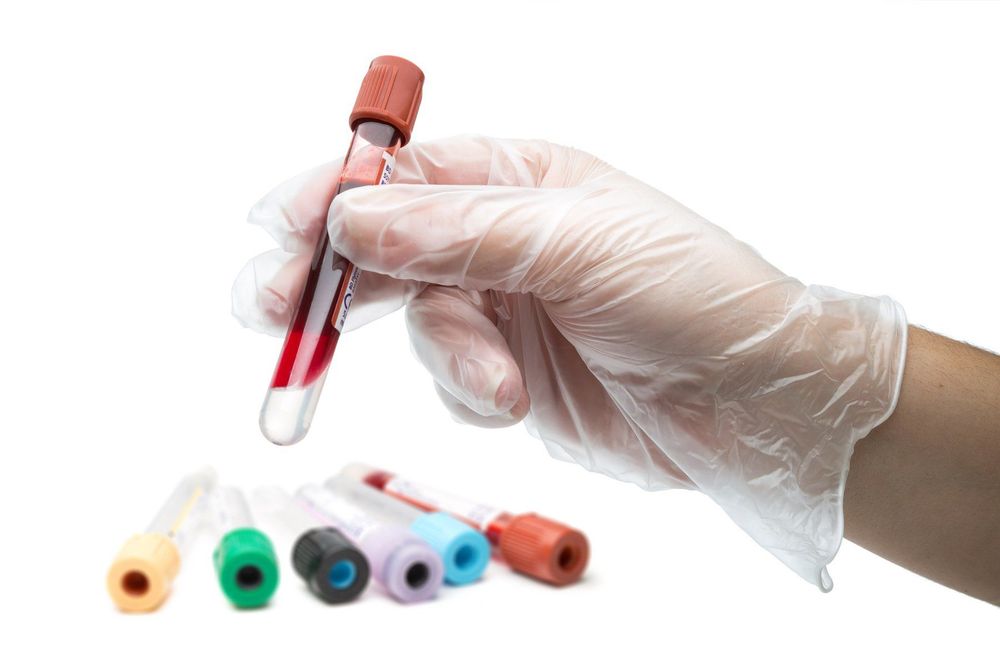This is an automatically translated article.
The article was written by MSc Bui Thi Hong Khang - Pathologist, Laboratory Department - Vinmec Central Park International General Hospital.While some tumor markers are readily available and commonly used in clinical practice, others are not routinely indicated due to poor sensitivity and/or specificity. Several other markers are currently under investigation and continue to be evaluated in clinical trials. With research developments, and many fields continuing to deepen, it is possible that many more effective valuable cancer markers will be available on the market in the coming years, replacing the poor old ones. effective.
1. What is a cancer marker?
Cancer markers are substances, usually proteins, that are produced by the cancer tissue itself or sometimes by the body in response to cancer growth.
Because these substances are detectable in body fluids such as blood, urine, and tissues, these markers are used in conjunction with other tests to help detect and diagnose the cancer, predict and monitor response to therapy, and detect recurrence.
Recently, the idea of the origin of cancer markers has been expanded further. New types of tests have developed that look for structural changes in genes (DNA, RNA), rather than proteins, in patient samples. Structural gene changes have been found to be associated with a number of cancers and can be used as a tumor marker to help confirm prognosis, guide targeted therapy, and detect cancer. early mail.
What's more, advances in technology lead to tests that can evaluate multiple genetic markers or sets of cancer markers at the same time, providing a broader range of information about cancer. . Examples of this are described in the attached list of cancer markers below.

Dấu ấn ung thư tìm thấy trong máu, nước tiểu, mô,...
2. Limitations of cancer markers?
Although cancer markers can provide a lot of useful information, there are limitations:
Many cancer markers can also be elevated in other noncancerous diseases or conditions . Some cancer markers are specific for one type of cancer, while others may be present in many different types of cancer. Not all cancers have elevated values of their respective cancer markers. As a consequence, tumor markers alone are often of no value in diagnosing cancer. In most cases, tumor marker testing is intended to provide additional laboratory information to link to the patient's medical history. and physical examination, as well as additional tests or imaging studies, to guide the diagnosis.

Dấu ấn ung thư cũng có những hạn chế
3. How are cancer markers used?
Cancer markers are used for a variety of purposes. However, typical tumor marker tests are never used alone. Depending on the type of cancer, marker testing may be used in combination with tissue or bone marrow biopsies or peripheral blood smears, and/or with other cancer markers.
Cancer markers, although not specific for diagnosis, provide useful additional information that can be used as follows:
Screening: Because most cancer markers are not sensitive and specific enough effective, these tests are not suitable for large community screening; however, some markers are effective when screening people at high risk because of a family history or specific risk factors for a particular cancer.
Help in diagnosis: In people with symptoms, cancer markers can help detect the presence of a tumor, and help distinguish it from other diseases with similar symptoms.
Cancer Staging : If a person is confirmed to have cancer, elevated cancer markers can help diagnose cancer that has advanced, metastasized (metastasized) to other tissues and organs .
Prognostic decision : A cancer marker and marker can help confirm the invasiveness of the tumor.
Treatment instructions . Several cancer markers provide information to guide treatment that may be effective for the patient. This is an area that is being researched.
Monitor the success of treatment and detect recurrence. Tumor markers can be used to monitor the effectiveness of therapy, especially in advanced cancer. If cancer markers decrease, effective treatment; If it continues to increase: correction of treatment should be made. One of the most important uses of cancer markers, is to monitor cancer recurrence. If a tumor marker is high before therapy, decreases after therapy, and then begins to rise again, it is likely that the cancer has returned (or if the marker remains high after surgery, which means that the tumor is cancer has not been completely removed).
A list of cancer markers and their uses are described in the table below.
List of common cancer markers
Vinmec International General Hospital is one of the hospitals that not only ensures professional quality with a team of leading medical doctors, modern equipment and technology, but also stands out for its examination and consultation services. comprehensive and professional medical consultation and treatment; civilized, polite, safe and sterile medical examination and treatment space.
Customers can directly go to Vinmec Health system nationwide to visit or contact the hotline here for support.














